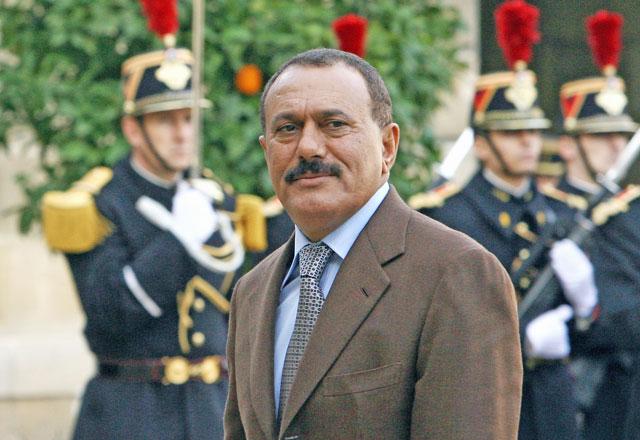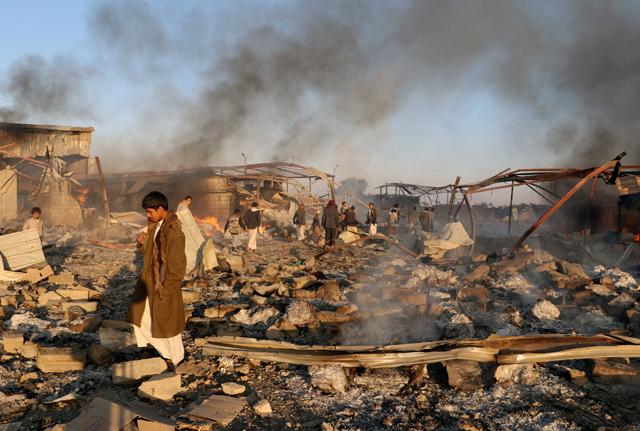You are here
Amnesty urges Houthis to free minority Baha’is
By AFP - Aug 17,2016 - Last updated at Aug 17,2016
DUBAI — Amnesty International on Wednesday urged the Iran-backed Houthis who control parts of Yemen to release 27 members of the minority Baha’i faith detained in the capital without charge.
The rights watchdog denounced the arrests as “a blatant case of persecution of a minority faith”.
Armed officers in balaclavas from Yemen’s rebel-affiliated intelligence agency in Sanaa stormed a Baha’i youth workshop on August 10 and arrested 65 people, including women and minors, amnesty said.
While some have been released, 27 have been held without charge for a week, denied access to lawyers or family visits, the London-based group said.
More arrests were carried out on Tuesday, it added.
“The arbitrary arrests of Baha’i people for doing nothing more than attending a peaceful community event is completely unjustifiable,” said amnesty’s Magdalena Mughrabi.
She urged the Houthis to “end their harassment of minorities and respect the right to freedom of religion”.
Baha’is, who have also been targeted in Iran, consider Bahaullah, an Iranian born in 1817, to be the most recent prophet sent by God, a major divergence from Islamic orthodoxy.
They are regarded by Iran as “heretics” and “spies” linked to Israel, because their headquarters is located in the northern Israeli city of Haifa.
The Houthi belong to the Zaidi sect — an offshoot of Shiite Islam that comprises around one-third of Yemen’s population.
Yemen has been torn by violence since September 2014, when the Houthis, who had long complained of marginalisation, stormed Sanaa and later forced the government to flee south.
A Saudi-led coalition began bombing Houthi positions across Yemen in March last year, but the insurgents still control swathes of the country including the capital.
The Houthis are supported by renegade troops loyal to former president Ali Abdullah Saleh, also a Zaidi.
Amnesty said that Baha’is were executed for their faith during Saleh’s 33-year rule that ended in 2012 following a deadly year-long uprising.
Around 250 Baha’is are believed to be living in Yemen.
Related Articles
TEHRAN — Iranian authorities have arrested several followers of the Bahai faith accused of spying for Tehran's arch-foe Israel, local media
SANAA — Yemen’s ex-president Ali Abdullah Saleh, who was killed on Monday, ruled the Arabian Peninsula country for more than three decades,
LONDON — Three years into their war on Yemen’s rebels, Saudi Arabia and its military allies — armed by the US and Britain — could stand guil


















